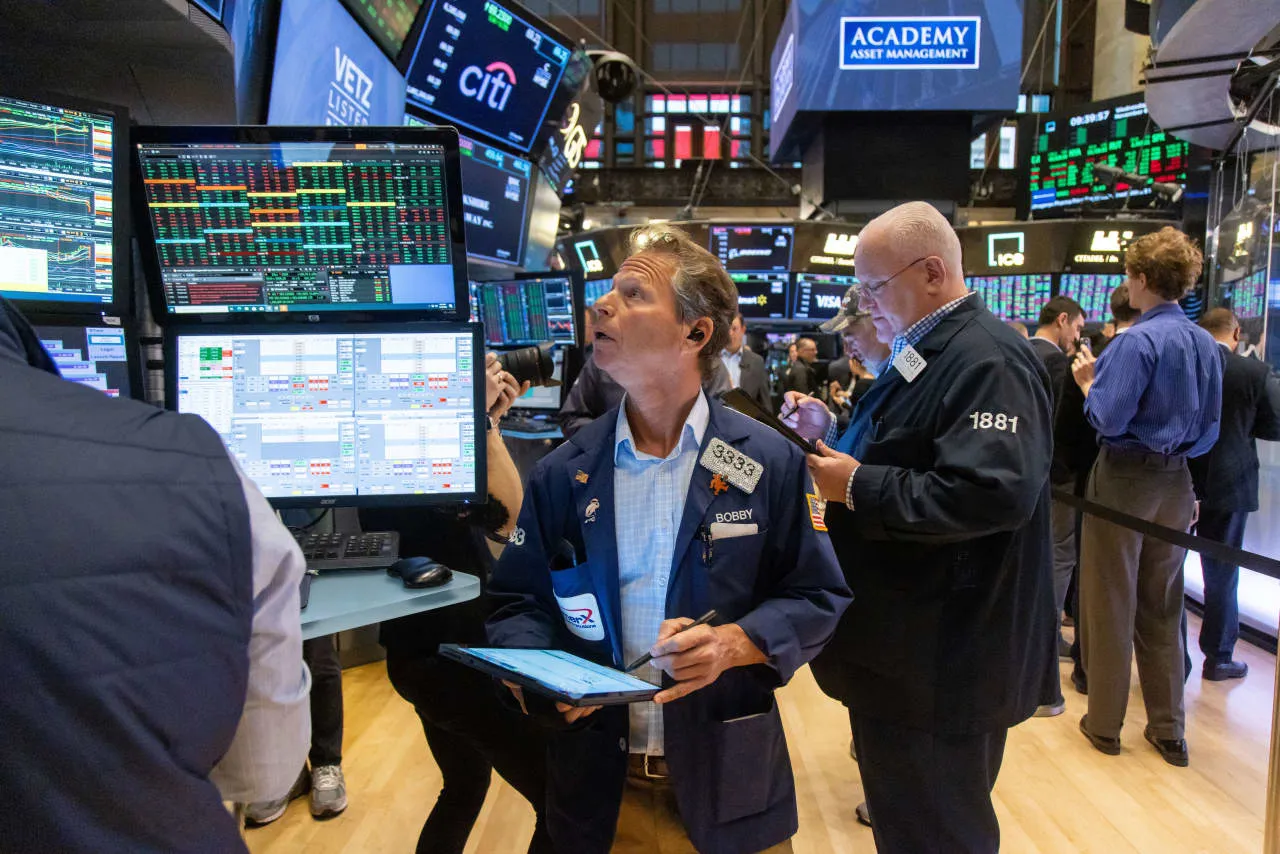Wall Street bonus prospects are turning brighter, with payouts now expected to increase across most corners of the financial sector as market conditions improve.
After a slow start to the year, professionals in investment banking, hedge funds, and asset management are on track to receive larger year-end incentives in 2025, according to a new report from compensation advisory firm Johnson Associates Inc. released Tuesday.
This marks a sharp reversal from earlier forecasts that anticipated declining bonuses due to subdued deal-making and market activity linked to the U.S. trade war and global political tensions.
“We’re now looking at a broadly positive year, which is a big shift from where we were just three or four months ago,” said Alan Johnson, managing director of Johnson Associates. “Overall, financial services have performed well, with some segments even benefiting from heightened market volatility and rising equity markets.”
The revised forecast follows a robust second quarter on Wall Street, where traders posted record revenues as uncertainty surrounding tariffs and tax policies spurred market activity. This volatility has boosted demand for trading, positioning equity traders to see their bonuses climb by as much as 30% this year. Fixed-income trading desks may also enjoy an uptick in incentive pay, projected to rise between 10% and 20%, the report noted.
Optimism is spreading to other financial segments as well. Investment bankers have begun seeing renewed momentum in mergers and acquisitions (M&A) and deal activity that had previously been held back by economic and geopolitical headwinds.
Although a full-fledged surge in M&A has yet to take hold, aided in part by a business-friendly presidential administration, deal pipelines appear strong. Johnson Associates expects advisory bonuses to edge up by around 5% this year, with a larger payout potential in 2026 as transactions finalize.
“Deals take time to close, which pushes the bonus impact into next year,” Johnson explained.
Market turbulence has led corporate clients to scale back stock sales, resulting in muted payouts for bankers in equity capital markets. Bonuses for these professionals are projected to remain flat or dip by up to 5%. Debt underwriting, however, tells a different story: as more companies tap bond markets to refinance, bankers in this sector could see their bonuses rise 10% to 15%.
Wealth management continues to show steady demand, potentially boosting advisers’ incentive pay by up to 5% this year. Meanwhile, asset management professionals could see compensation climb 2.5% to 7.5% as equity markets rebound from early-year declines and firms manage margin pressures.
The latest projections come on the heels of a standout year for Wall Street bonuses. According to New York State Comptroller Thomas DiNapoli, total payouts reached a record $47.5 billion, with the average annual bonus surging nearly a third to $244,700 the biggest jump since the pandemic.
With nearly half of 2025 still ahead, these bonus estimates remain subject to change. Any sharp downturn in markets, deteriorating trade negotiations, or prolonged uncertainty around the Federal Reserve’s plans for rate cuts could temper compensation growth.
Certain areas of finance remain more exposed to these pressures. Retail and commercial banking bonuses are projected to be flat to down 5%, weighed by worsening consumer credit quality and slowing loan demand. Similarly, private equity and venture capital professionals face challenges from a difficult fundraising climate, asset markdowns, and excess capital remaining idle.
Even as payouts climb, financial firms are tightening expense management. Advances in artificial intelligence are enabling greater efficiency, leading to heightened scrutiny of staffing and pay structures. According to Johnson, firms are rethinking how they allocate talent as automation takes hold.
“In the near term, this will likely mean fewer roles we might not need 10 analysts anymore, only five,” Johnson said. “But this shift also creates efficiencies, and the professionals who stay on will likely be compensated more competitively.”
Despite a rocky start to the year, Wall Street is now on track for a more lucrative bonus season in 2025. Stronger trading activity, recovering deal flow, and resilient market performance are helping to lift incentive pay across several financial sectors. Still, ongoing risks from policy uncertainty to evolving technology meaning firms must stay agile as they navigate the remainder of the year.

Subscribe to our newsletter!
As a leading independent research provider, TradeAlgo keeps you connected from anywhere.








